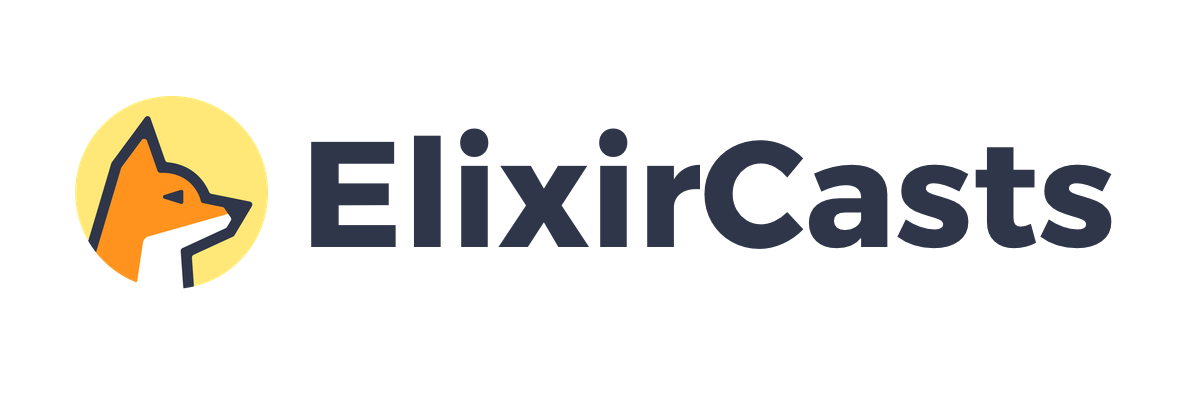Learn Elixir
& Phoenix
ElixirCasts makes it easy to learn how to build applications with Elixir and Phoenix
Watch or Read
The best of both worlds. Every episode includes a video tutorial and a full transcript.
200+ Episodes
Every episode delivers hands-on, real-world examples you can use.
Stay Current
Continually updated with episodes that showcase the latest in the Elixir ecosystem.
Latest Episodes

#105: How to Create Nested Phoenix Templates
By default, Phoenix doesn’t precompile templates in nested directories. In this episode we’ll see how we can update Phoenix to let us use templates in nested directories.

Alchemist's Edition
#104: Generating RSS Feeds with Elixir
In this episode we’ll take an existing Elixir Phoenix application and build an Atom feed for it. To build the feed we’ll use the Atomex package.
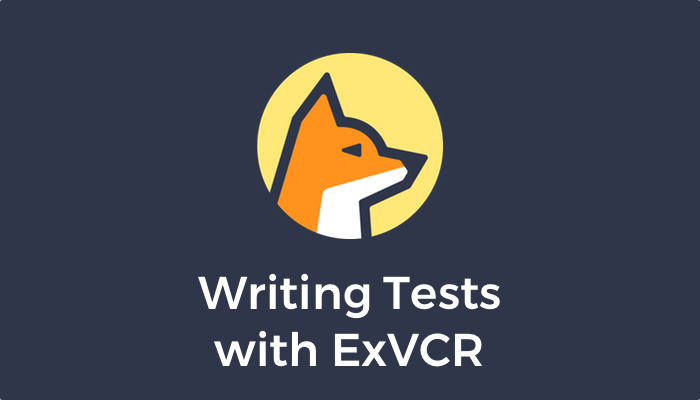
#103: Writing Tests with ExVCR
In this episode we’ll explore one way of mocking external HTTP requests when testing using ExVCR. ExVCR records the actual HTTP request and response and replays it whenever that test runs.
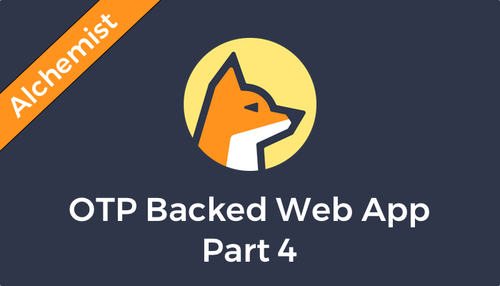
Alchemist's Edition
#102: OTP backed Web Application Part 4
In the final part of this series we’ll use Phoenix Channels to improve the UI so that our coin tracker page updates automatically when a new cryptocurrency price is found.
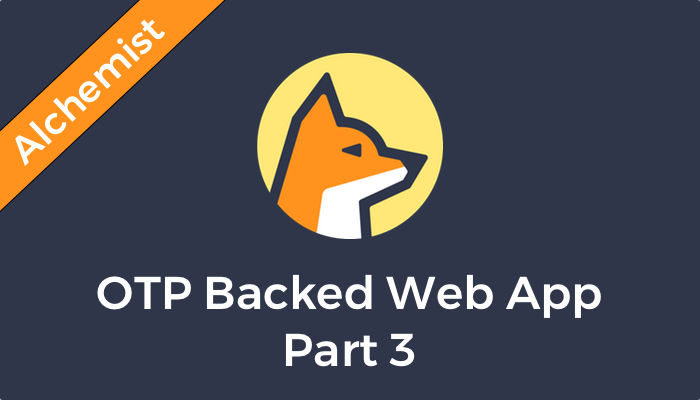
Alchemist's Edition
#101: OTP backed Web Application Part 3
In part 3 we’ll create a schema for our coin data so that we don’t lose data when we restart our app.
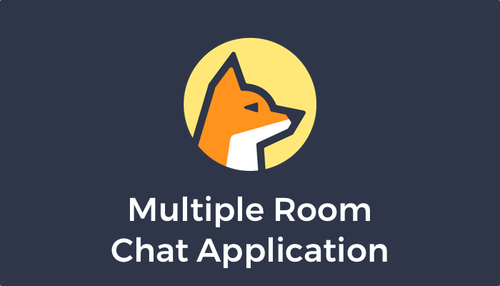
#100: Multiple Room Chat Application
In this episode we’ll build a chat application that has multiple chat rooms. The rooms will be created dynamically from the URL and will use Phoenix Channels to provide realtime functionality.
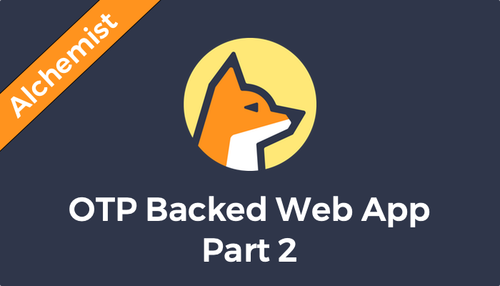
Alchemist's Edition
#99: OTP backed Web Application Part 2
In part 2 we’ll update our application to allow users to add cryptocurrencies from the UI. Once added, we’ll display the cryptocurrency and update pricing every minute using a GenServer.
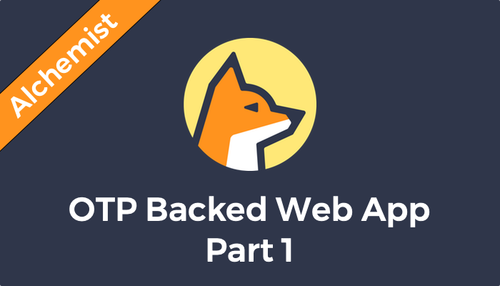
Alchemist's Edition
#98: OTP backed Web Application Part 1
In part one of this series we’ll lay the foundation for our application. First we’ll see how we can fetch cryptocurrency prices. Then we’ll create a GenServer to store the prices and add it to our supervision tree.
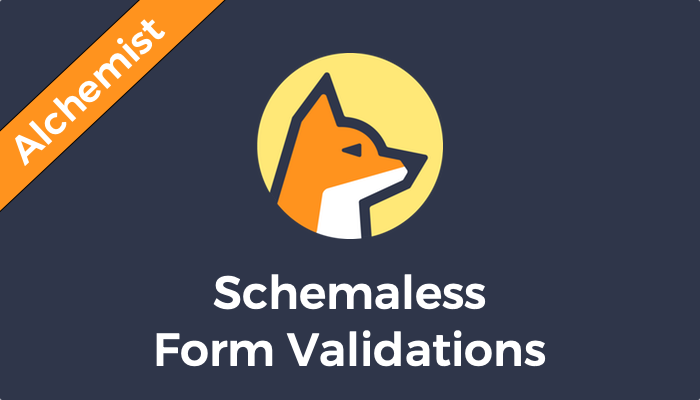
Alchemist's Edition
#97: Schemaless Form Validations with Changesets
In this episode we’ll take an existing contact form and see how Ecto changesets can be used to perform schemaless form validations and display errors.
